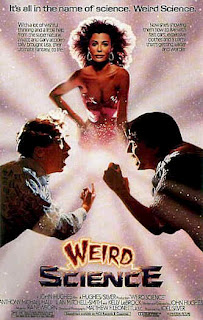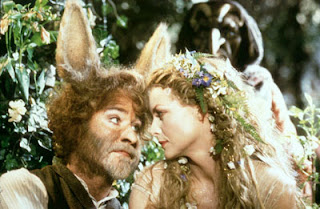
After reading my blog on Pygmalion John Nay posting a counter opinion citing that the story of Pygmalion does in fact hold beauty, for the redemptive power of art is a central theme in the story and that art shall have beauty and shall forever have life. His argument was clear and well spoken, it is a good point. There is even further information in Ovid that would support his claim. First though let me reinstate my claim, somewhat reformatted:- nothing can compare to what is real and natural, the gods have created every natural thing on this earth and recognition of true beauty in the world is recognition of grace, seeing god’s presence in all that is natural and all that is worldly.- Now Nay could have brought up the point that we must transpose this idea that god is within everything that god is within all forms of art, music, and quite literally everything. And in the story of Arachne we see that the weavings created by mortal surpass those by a god. While these all might be true and might even debunk my original post –it is a question of opinion- I still stand by the case that what we find in the world naturally, what comes to life from the connection and passion of a man and a women bearing a child, is far more beautiful that what one man alone creates out of stone, true love cannot be found by asking the gods for it, it must be made but human interactions and human emotions. Love must come from within each being, a unison of connection that rings out harmoniously regardless of technological breakthroughs.


















